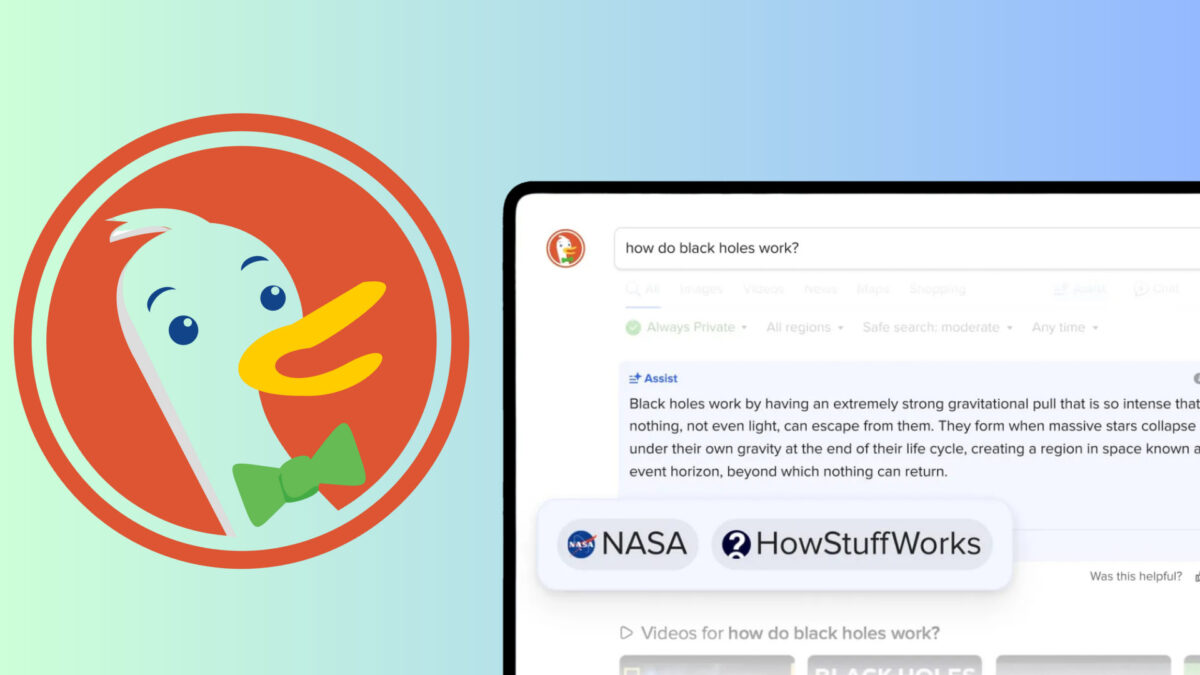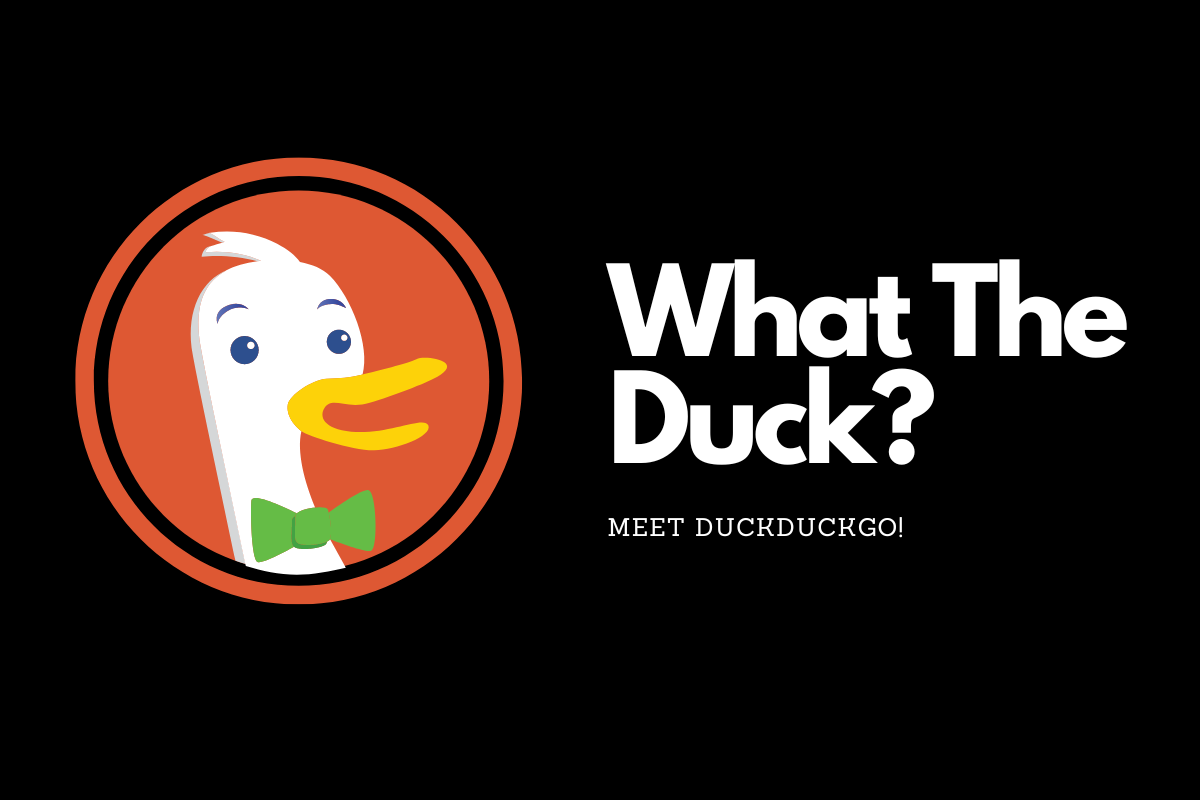TL;DR – 12 months ago, I ditched Google search for DuckDuckGo…
Here’s five things DuckDuckGo does better than Google.
- DuckDuckGo lets you choose whether you want AI or not — Google doesn’t.
- It offers strong privacy by default, without compromising usability.
- Features like tracker blocking, GPC, and Bangs make it powerful and efficient.
- If you’re tired of AI Overviews, privacy invasions, and ad-heavy results, DuckDuckGo is the clear alternative in 2025.
I switched to DuckDuckGo because I couldn’t stand what Google Search had become.
AI Overviews have wrecked it. What used to be a tool for discovery is now a wall of generic, AI-generated summaries — often inaccurate, always unavoidable. You can’t turn them off.
You can’t opt out. And the worst part? They’re siphoning clicks away from the very creators, publishers, and businesses that built the web in the first place.
Writers are losing jobs. Brands are seeing traffic collapse. Entire industries are being gutted — not because of bad content, but because Google’s AI wants to answer everything itself.
So I made the switch. And honestly? I should’ve done it sooner.
If you’re tired of watching search results become less useful, less human, and less trustworthy, DuckDuckGo is the escape hatch you’ve been waiting for.
Should You Switch To DuckDuckGo Instead of Google? Yes. Here’s Why…
1. It Has AI — But You Can Turn It Off

DuckDuckGo now includes AI-powered answers in search results. But unlike Google, you’re not forced to use them.
- You can completely disable AI-generated responses.
- This gives you more control over your browsing experience, without being bombarded by half-baked AI summaries.
- For those who want quick AI help sometimes, it’s there — but it’s always opt-in.
🧠 Pro Tip: Tired of Google’s AI Overviews? DuckDuckGo lets you decide if you even want AI involved. That’s a huge win for user choice.
2. Zero Search Tracking
At its core, DuckDuckGo doesn’t track you. No logging of search history. No profiling. No ads that follow you across the internet.
In contrast, Google builds detailed user profiles to serve hyper-targeted ads and personalize search results — often at the cost of accuracy and objectivity.
- No cookies used to track behavior.
- No IP address logging.
- Search history stays your business.
3. Built-In Tracker Blocking
DuckDuckGo doesn’t just protect your searches — it protects your browsing, too.
Its browser and extensions block third-party trackers that load behind the scenes on most websites. That means less data collection and faster page loads.
- Blocks hidden scripts from Facebook, Google, and ad networks.
- Shows you which trackers it blocks on each page.
- Works automatically — no setup required.
4. Global Privacy Control (GPC) Support
DuckDuckGo supports Global Privacy Control (GPC) — a setting that signals websites not to sell or share your personal data.
Most major search engines ignore this signal. DuckDuckGo respects it by default.
This means:
- You’re automatically opting out of data sales where possible.
- You don’t need to dig through cookie pop-ups and fine print.
It’s a small thing that makes a huge privacy difference.
5. Smart Features Like “Bangs” And Email Protectio
DuckDuckGo packs in a few genuinely useful features you won’t find elsewhere:
- !Bangs: Type
!yt catsto search YouTube for “cats” instantly. Works for 13,000+ sites. - Email Protection: Get a @duck.com address that forwards to your inbox — but strips out email trackers.
- No Distractions: The search experience is clean, fast, and not cluttered with endless ads.
FAQ
Can I really turn off AI in DuckDuckGo?
Yes. AI is off by default, and you can completely opt out of it if you want — something you can’t do on Google.
Is DuckDuckGo owned by a big tech company?
No. DuckDuckGo is an independent company focused on privacy-first tools.
Does DuckDuckGo show ads?
Yes, but they’re not personalized. Ads are based on your search term, not your history or behavior.
Is DuckDuckGo available as a browser too?
Yes. You can use the DuckDuckGo browser or add its extension to Chrome, Firefox, or Safari.





